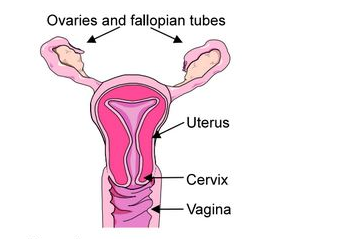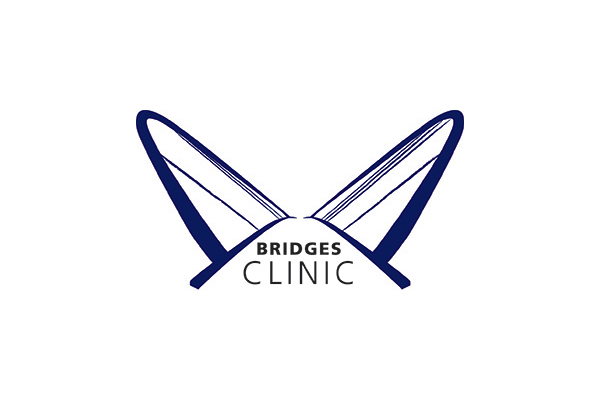Through a cut made by your gynaecologist at the top of the vagina, your uterus (womb) and cervix will be removed. Your ovaries can also be removed during this operation, but they will usually be left in place

Why do I need a hysterectomy?
The most common reasons for requiring a hysterectomy include:
- Heavy or painful periods
- Fibroids (non-cancerous tumours that grow in or around the womb)
- Endometriosis (where the womb lining grows outside the womb)
- Ovarian cysts
- Uterine prolapse
What are the advantages of having the operation?
A hysterectomy may cure or improve your symptoms. You will no longer have periods.
Are there any alternatives to the operation?
A hysterectomy is a major operation that is only recommended after simpler options have failed. Alternatives include:
- Hormonal and non-hormonal oral medications to control heavy periods
- An IUD (intra-uterine device, also known as a coil) which can reduce heavy periods
- Endometrial ablation, where the lining of the womb is removed
- Medication to control fibroids, depending on their size and position
- Uterine artery embolisation, which blocks off the arteries which feed fibroids
What does the operation involve?
Your gynaecologist will use special surgical instruments to detach the womb from the ligaments holding it in place, by making a small incision around your cervix (at the top of the vagina). Your womb and cervix will then be removed. The surgery is carried out under general anaesthetic, so you will be unconscious during the procedure. The operation usually takes around an hour to complete. In order to minimise the risk of future prolapse, the ligaments that held your womb in place will be stitched to the top of your vagina.
How long will it take for me to recover?
After 1-3 days, you doctor should allow you to go home. Once home, however, you will need to rest for at least two weeks and continue with the exercises recommended to you by your healthcare team. After 1-2 months, you should be able to return to work – although, of course, this will depend on your line of work. After 2-3 months, you should be feeling back to your usual self. Regular exercise can certainly help with this, however you should always seek professional advice before doing so.
A vaginal hysterectomy is a big operation and should only be considered after less invasive, simpler treatments have been tried. You should, however, see vast improvements to your symptoms after the surgery.
